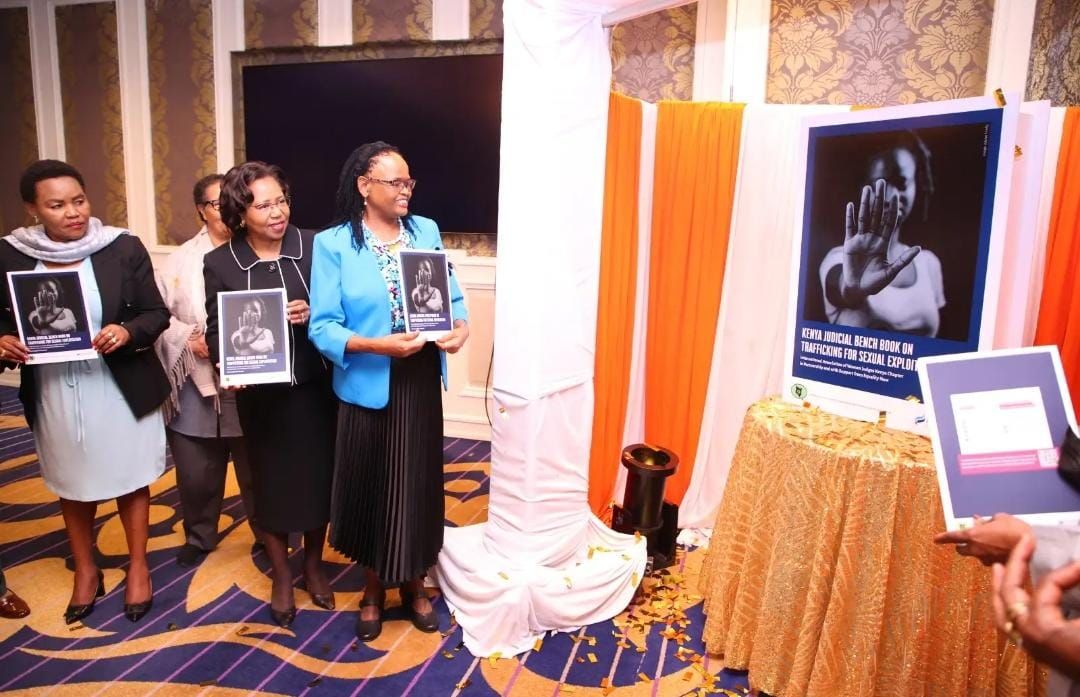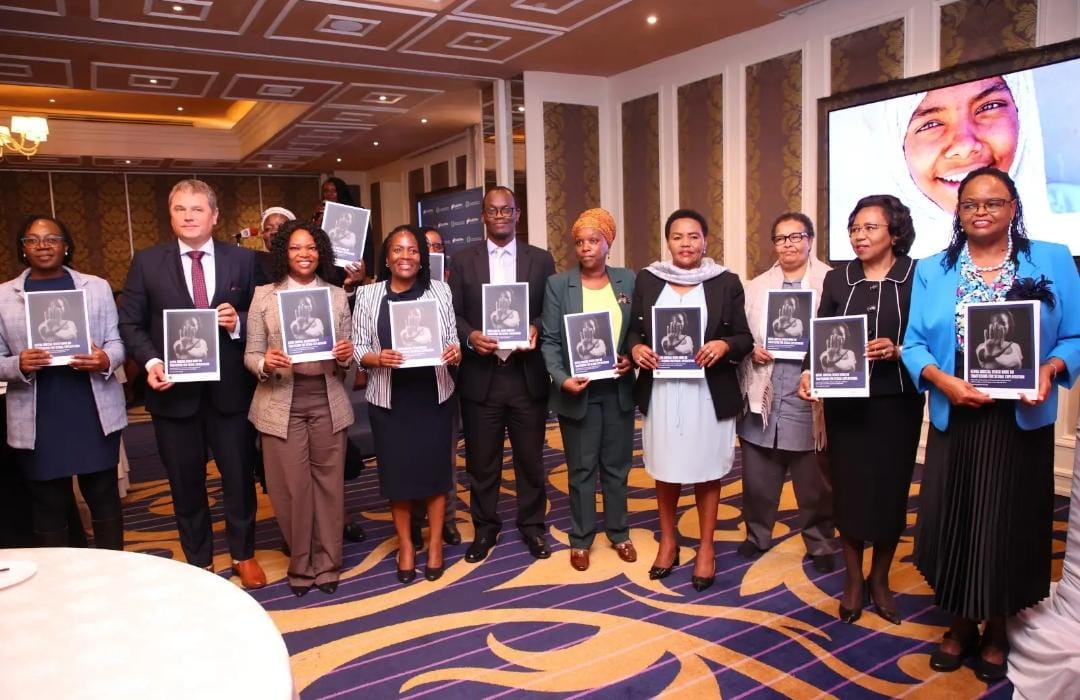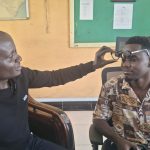On July 30, 2024, Kenya launched the “Kenya Judicial Bench Book on Trafficking in Persons for Sexual Exploitation” to combat one of Africa’s highest rates of human trafficking. This new guide aims to improve the prosecution and conviction rates for sex trafficking cases, which have been low despite strong laws.
The bench book was created by the International Association of Women Judges in Kenya and the non-profit organization Equality Now. It was introduced on World Day Against Trafficking in Persons. Chief Justice Martha Koome emphasized its importance, stating, “This Bench Book will help judges understand sex trafficking better and support victims more effectively.”
This is the first bench book in Kenya focused specifically on sex trafficking. It builds on previous resources like the Bench Book on Labour Trafficking (2022) and the Bench Book on Criminal Procedure (2018). The new book aims to educate judges, magistrates, and prosecutors on the complexities of sex trafficking, helping them identify victims and respond to their needs with sensitivity.
A key feature of the bench book is correcting common misconceptions about sex trafficking that can hinder justice. It promotes a trauma-informed approach and includes references to 87 sex trafficking cases from various countries, offering a comprehensive resource for Kenyan judicial officers.

Kenya’s fight against human trafficking is supported by its adherence to international treaties like the UN Protocol to Prevent, Suppress, and Punish Trafficking in Persons (Palermo Protocol) and national laws like the Counter Trafficking in Persons Act (2010). Despite these strong laws, prosecuting sex trafficking cases has been challenging.
Marion Ogeto from Equality Now pointed out that while Kenya has strong laws, the prosecution of sex trafficking cases is still inadequate. She called for better law enforcement and improved data collection to track and report trafficking crimes more effectively.
The bench book also highlights that women and children are particularly vulnerable to sex trafficking. In 2022, the National Crime Research Center reported that women made up 41% of sex trafficking victims, and children 33%. This year’s World Day Against Trafficking of Persons theme, “Leave No Child Behind in the Fight Against Human Trafficking,” emphasizes the need to protect these vulnerable groups.
The bench book addresses the role of technology in sex trafficking. A global report highlighted Kenya’s issues with online child sexual exploitation, with the Directorate of Criminal Investigations handling thousands of such cases. This underscores the need for updated legal tools and training.
The launch of the Kenya Judicial Bench Book on Trafficking in Persons for Sexual Exploitation is a positive addition to Kenya’s efforts to fight human trafficking. It complements previous initiatives like the 2022 Labour Trafficking Bench Book and aims to create a more effective judicial system.










